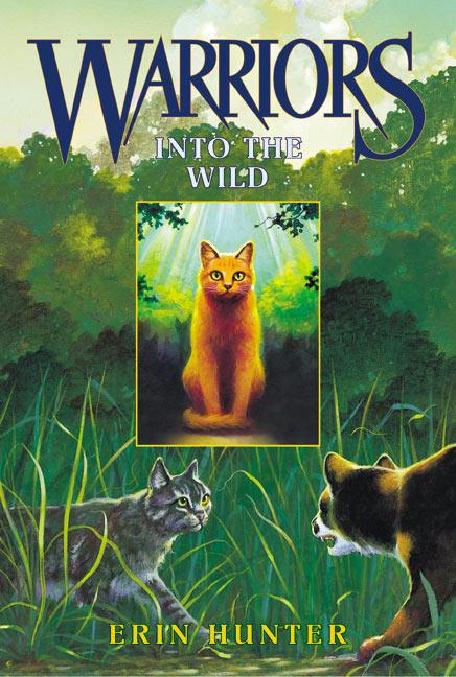

I mean, it is Victorian London, so yes, but Louisa comes off as unpleasantly hypersensitive.Īnd all of this is flattened further by the fact that Louisa’s direct oppressors-the people who betrayed her and sent her to Wildthorn-don’t really have any good reasons to do so beyond their position in society (and a painfully underdeveloped addiction). She never feels conflicted about the fact she doesn’t want to marry or wants to be a doctor, looks down on other women who do want to marry and raise families, and takes every slight aimed against her as an attack on her because she’s a woman. But Louisa’s mother and the rest of her family constantly try to socialize her as a traditional Victorian lady, and none of that apparently sinks in. Fair enough while no date is given, Wildthorn is concurrent with the first blossoming of first-wave feminism, and I could definitely see a novel where a girl raised in a progressive family gets a rude awakening when she discovers the rest of the world.

As I said in my review of Ophelia, “Seeing historical characters with extremely modern ideas about gender, race, or anything else makes my skin crawl it speaks to sloppy research and a desire to clean up history instead of making us like a heroine who doesn’t think like us.” Louisa sharply rejects traditional femininity (in such a way that heavily implies that no one could ever possibly be happy as a homemaker) and yearns to be a doctor, as encouraged by her doctor father. The plague? These heroines, despite their own historical contexts, are miraculously third-wave feminists. I saw it in A Great and Terrible Beauty I saw it in Ophelia. There is a problem, nay, a plague, affecting young adult historical fiction with female protagonists. But Louisa persists in trying to discover who locked her away and why, even as she begins to have more than friendly feelings towards Eliza… While initially convinced of her identity and sanity, Louisa soon begins to question herself, as she falls into the routine of the asylum and strikes up a friendship with Eliza, an orderly. There, they strip her of her clothes and her name, insisting that she is called Lucy Childs and that Louisa Cosgrove never existed. Wildthorn opens with Louisa Cosgrove being delivered to Wildthorn Hall, an asylum. So, needing something quick before Thanksgiving, I finally managed to read the thing.

I’ve actually rented this book before and simply not gotten around to it luckily, it’s at my local library, rather than needing to be requested, so that’s a definite help. So when I discovered that there was a young adult title that covered similar ground, I was quite pleased. Wildthorn has been on my reading list for a while given my love for Sarah Waters’ “Victorian Women in Love” trilogy (not, obviously, the loose trilogy’s actual title), seeking out more titles about queer women in Victorian England is just natural.


 0 kommentar(er)
0 kommentar(er)
